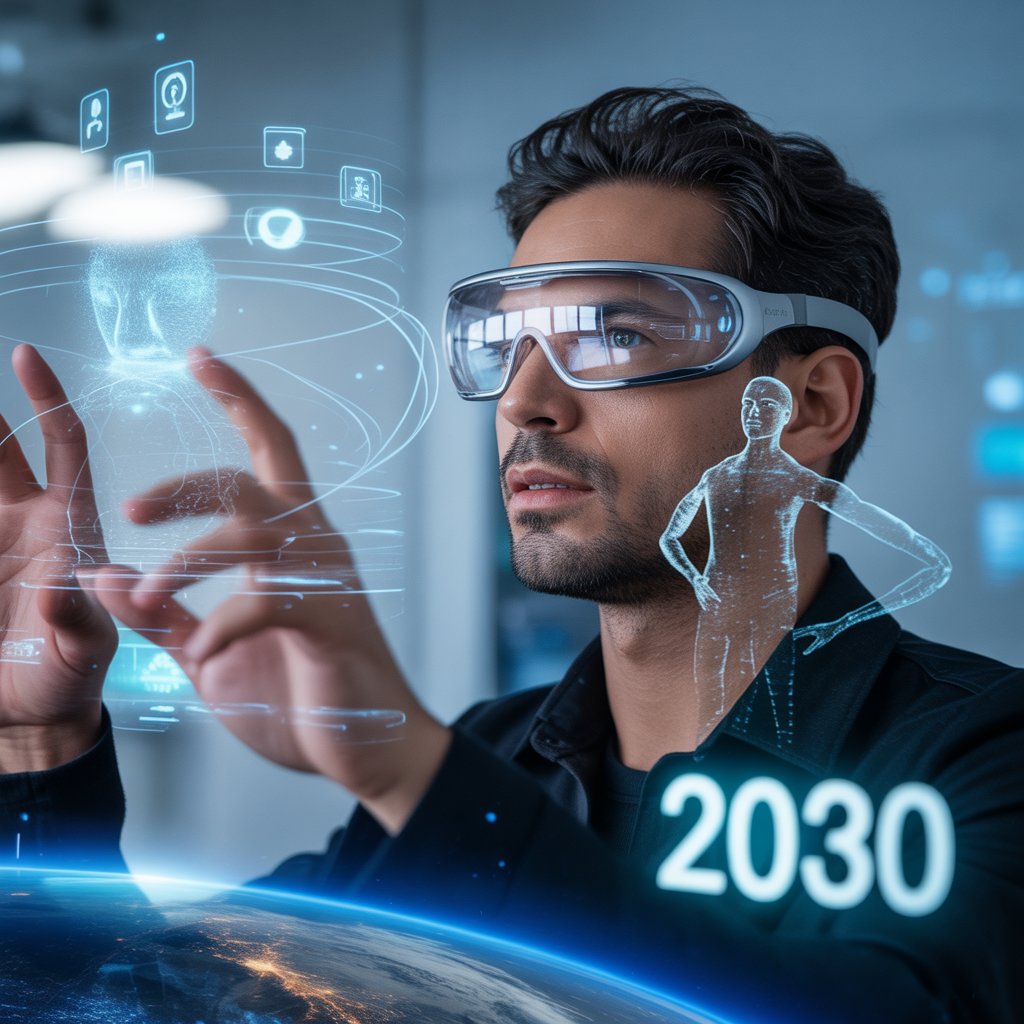The internet has already transformed how we communicate, work, and live—but by 2030, the changes ahead may be even more dramatic. As artificial intelligence, spatial computing, quantum networks, and augmented reality evolve, the way we experience the web will look nothing like today.
Here’s a glimpse into what your online life might look like by the end of this decade.
1. Browsing Will Be Voice-First and Screen-Free
Typing will become optional. With AI companions and spatial audio devices, you’ll speak naturally to the web. Search, shopping, and even messaging may shift to entirely voice-based interactions. Virtual assistants will handle your tasks, suggest solutions, and learn from your behavior in real time.
2. Personal AI Companions Will Manage Your Digital Life
By 2030, you may no longer rely on apps. Instead, you’ll use an AI assistant embedded in your environment—at home, in your car, or in your glasses—that coordinates schedules, emails, and content. These agents will be personalized, trained on your data, and capable of reasoning, not just responding.
3. Your Devices Will Be Invisible
Augmented reality glasses, smart surfaces, and gesture-controlled holograms could replace laptops and phones. The web will live in your environment, not on your screen. A simple gesture might open your calendar on a wall or project a video into mid-air.
4. The Quantum Internet Will Reshape Security
Quantum networks are expected to offer ultra-secure, encrypted communication, making data theft nearly impossible. This future web will rely on quantum entanglement and teleportation protocols to ensure complete privacy and speed beyond what fiber optics offer today.
5. Social Media Will Be Multi-Sensory
Forget static feeds. Expect fully immersive experiences—walking through someone’s vacation in VR, attending concerts in virtual worlds, and even sharing emotions through biometric sensors. Social media platforms will likely evolve into persistent, 3D digital spaces.
6. Digital Identity Will Replace Usernames
Instead of logins and passwords, you’ll carry a verified, portable digital identity—controlled by you, not a platform. This will follow you across services, from banking to social media, making switching platforms seamless and secure.
7. Internet Access Will Be a Human Right
Thanks to satellite networks and low-Earth orbit infrastructure, connectivity will expand to nearly every corner of the globe. Projects by companies like Starlink and Amazon aim to make internet access universal, affordable, and fast.
Conclusion
By 2030, the internet will be more than a tool—it will be an intelligent, immersive, and integrated part of your world. From AI-powered agents to ambient experiences, the web of tomorrow will revolve around your voice, your preferences, and your environment. The future is not just online—it’s all around you.
